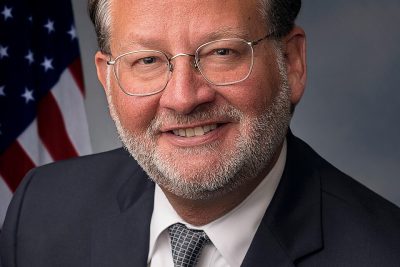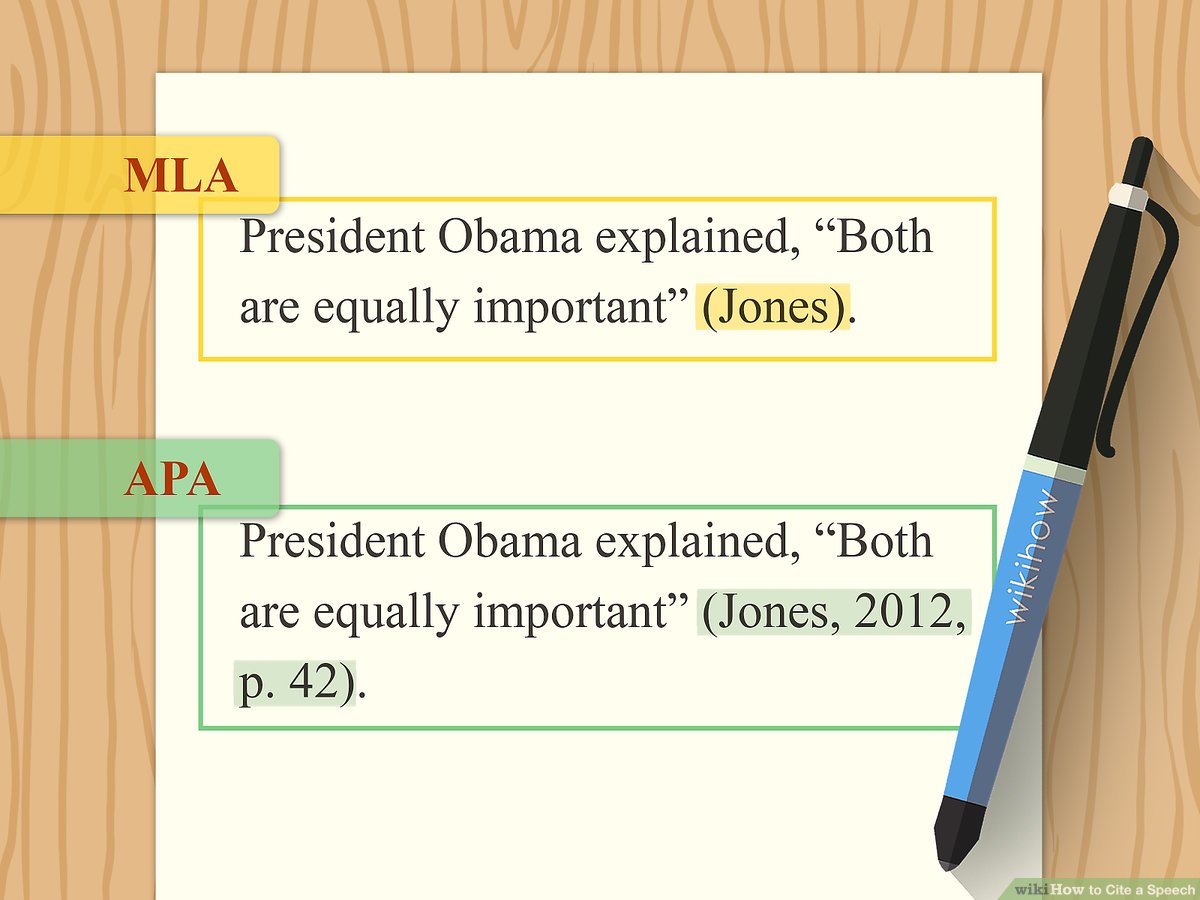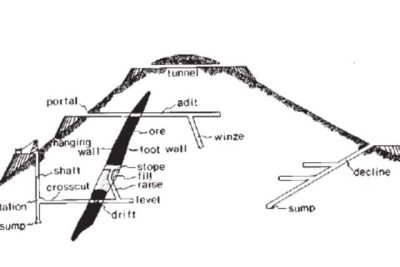
How to Cite a Speech in MLA Format: A Step-by-Step Guide

Understanding MLA Format for Citing Speeches
When it comes to academic writing, the Modern Language Association (MLA) format provides a standardized way to cite various sources, including speeches. Proper citation is crucial as it lends credibility to your work and allows readers to locate the original material. In MLA format, citing a speech involves specific elements that need to be included for accurate referencing.
Basic Structure of a Speech Citation in MLA
To cite a speech in MLA format, you generally need to include the following components:
- Speaker's Name: Begin with the name of the speaker, formatted as Last Name, First Name.
- Title of the Speech: The title should be in quotation marks and in title case.
- Title of the Event: If applicable, include the name of the event or conference where the speech was delivered, italicized.
- Date of Delivery: Provide the day, month, and year the speech was given.
- Location: Include the city and state (or country) where the speech took place.
For example, a citation for a speech might look like this:
Smith, John. "The Future of Technology." Annual Tech Conference, 15 Mar. 2023, San Francisco, CA.
In-Text Citations for Speeches
When referencing a speech within the text of your paper, you should include the speaker's last name and the page number if available. If no page number exists, just the speaker's last name will suffice. For instance, you might write, "According to Smith, the future of technology is promising" (Smith). This practice reinforces the credibility of your argument while allowing readers to locate the full citation in your Works Cited page.
Understanding these guidelines is essential for effectively citing speeches in your academic work. By adhering to the MLA format, you not only respect intellectual property but also enhance the quality and reliability of your research.
Step-by-Step Guide: How to Cite a Speech in MLA Format
Citing a speech in MLA format is essential for giving proper credit to the speaker and maintaining academic integrity. To ensure your citation is accurate and complete, follow these steps closely. The general format for citing a speech includes the speaker's name, the title of the speech, the event where it was delivered, the date of the speech, and the medium of the speech (e.g., print, web, etc.).
Step 1: Gather the Necessary Information
Before you start crafting your citation, collect the following details:
- Speaker's Name: Include the full name of the person who delivered the speech.
- Title of the Speech: Write the title in quotation marks.
- Event Name: Mention the name of the event or occasion where the speech was given.
- Date of the Speech: Provide the date in day-month-year format.
- Medium: Specify how you accessed the speech (e.g., web, print).
Step 2: Format Your Citation
Once you have all the necessary information, you can format your citation. Here’s the general structure:
Last Name, First Name. “Title of Speech.” Title of Event, Day Month Year, Location. Medium.
For example, if you were citing a speech by Martin Luther King Jr. given at the Lincoln Memorial on August 28, 1963, your citation would look like this:
King, Martin Luther Jr. “I Have a Dream.” March on Washington for Jobs and Freedom, 28 Aug. 1963, Lincoln Memorial, Washington, D.C. Web.
Step 3: Include In-Text Citations
When referencing the speech in your text, use an in-text citation to guide readers to your Works Cited entry. For MLA format, include the speaker's last name in parentheses. For instance, you might write: “As King emphasized in his speech (King).” This practice not only strengthens your argument but also enhances the credibility of your work.
Common Examples of Citing Different Types of Speeches in MLA
When it comes to citing speeches in MLA format, there are specific guidelines to follow based on the type of speech. The most common types include public addresses, debates, and lectures. Each type requires distinct citation formats to ensure proper acknowledgment of the speaker's work and to maintain academic integrity.
Citing a Public Address
To cite a public address, you should start with the speaker's name, followed by the title of the speech in quotation marks, the title of the event (if applicable), the location, the date, and the medium of publication. For example:
Smith, John. “The Future of Renewable Energy.” Environmental Summit, San Francisco, 15 Mar. 2023. Speech.
This format helps to provide clarity on the context of the speech while attributing it to the correct speaker.
Citing a Debate
Citing a debate follows a similar structure but includes additional details like the names of the participants and the context of the debate. The format generally looks like this:
Doe, Jane, and John Smith. “The Role of Technology in Education.” 2023 Presidential Debate, National Public Radio, 20 Sept. 2023. Debate.
In this example, both participants are credited, which is crucial in a debate setting where multiple voices contribute to the discussion.
Citing a Lecture
When citing a lecture, include the lecturer's name, the title of the lecture, the course name (if applicable), the institution, the date, and the medium. An example would be:
Johnson, Emily. “Modernism in Literature.” Literature 101, University of California, 5 Oct. 2023. Lecture.
This format acknowledges not only the speaker but also the educational context in which the lecture was given, enhancing the citation's comprehensiveness.
Key Components of an MLA Citation for Speeches
When crafting an MLA citation for a speech, several key components must be included to ensure proper attribution and adherence to MLA guidelines. The essential elements are as follows:
1. Speaker's Name
The first component of an MLA citation for a speech is the speaker's name. This should be formatted with the last name first, followed by a comma and the first name. For example, "Smith, John." This arrangement helps to alphabetize entries in a Works Cited page effectively.
2. Title of the Speech
Next, the title of the speech should be included. It should be placed in quotation marks and capitalized appropriately. For instance, if the speech is titled "The Future of Technology," it should appear as “The Future of Technology.” This helps readers identify the specific content being referenced.
3. Title of the Event
Following the title of the speech, you should provide the title of the event where the speech was delivered. This title should also be italicized. For example, if the speech was given at the "Annual Tech Conference," it would appear as *Annual Tech Conference*. This detail adds context to the citation and indicates the setting of the speech.
4. Date and Location
Finally, the citation should include the date of delivery and the location of the event. The date should be formatted as day month year (e.g., 15 March 2023), and the location should specify the city and venue. For instance, you might write: 15 March 2023, New York, NY, Tech Hall. These details complete the citation by providing specific information about when and where the speech occurred.
By combining these elements, you create a comprehensive MLA citation for a speech that adheres to academic standards and helps readers locate the source material.
Tips for Accurately Citing Speeches in Your Research Papers
When incorporating speeches into your research papers, it's crucial to cite them accurately to maintain academic integrity and provide proper credit to the speaker. One of the first steps in citing a speech is to determine the required citation style for your paper, as different styles have specific formats. Common citation styles include APA, MLA, and Chicago. Familiarize yourself with the guidelines for each style to ensure you adhere to the correct format for citing speeches.
Key Elements to Include in Your Citation:
- Speaker's Name: Always start with the full name of the speaker.
- Title of the Speech: Include the title, if available, in quotation marks.
- Date of the Speech: Mention the date when the speech was delivered.
- Location: If applicable, provide the location where the speech took place.
- Source: Specify where the speech can be found, such as a website or publication.
When writing your citation, ensure that you follow the punctuation and formatting rules specific to your chosen citation style. For example, in APA style, a citation for a speech might look like this: Lastname, F. M. (Year, Month Day). Title of speech [Speech]. Publisher. URL. In contrast, MLA format may require a different structure, such as: Lastname, Firstname. "Title of Speech." Event, Date, Location. Publisher, Year. URL.
Additionally, when referencing the speech within the text of your paper, provide an in-text citation that corresponds to your full citation. This not only enhances the credibility of your work but also allows readers to locate the original source easily. Remember, accurate citations not only reflect your attention to detail but also contribute to the academic community by acknowledging the contributions of others.
Did you find this article helpful? How to Cite a Speech in MLA Format: A Step-by-Step Guide See more here General.
Leave a Reply






Related posts